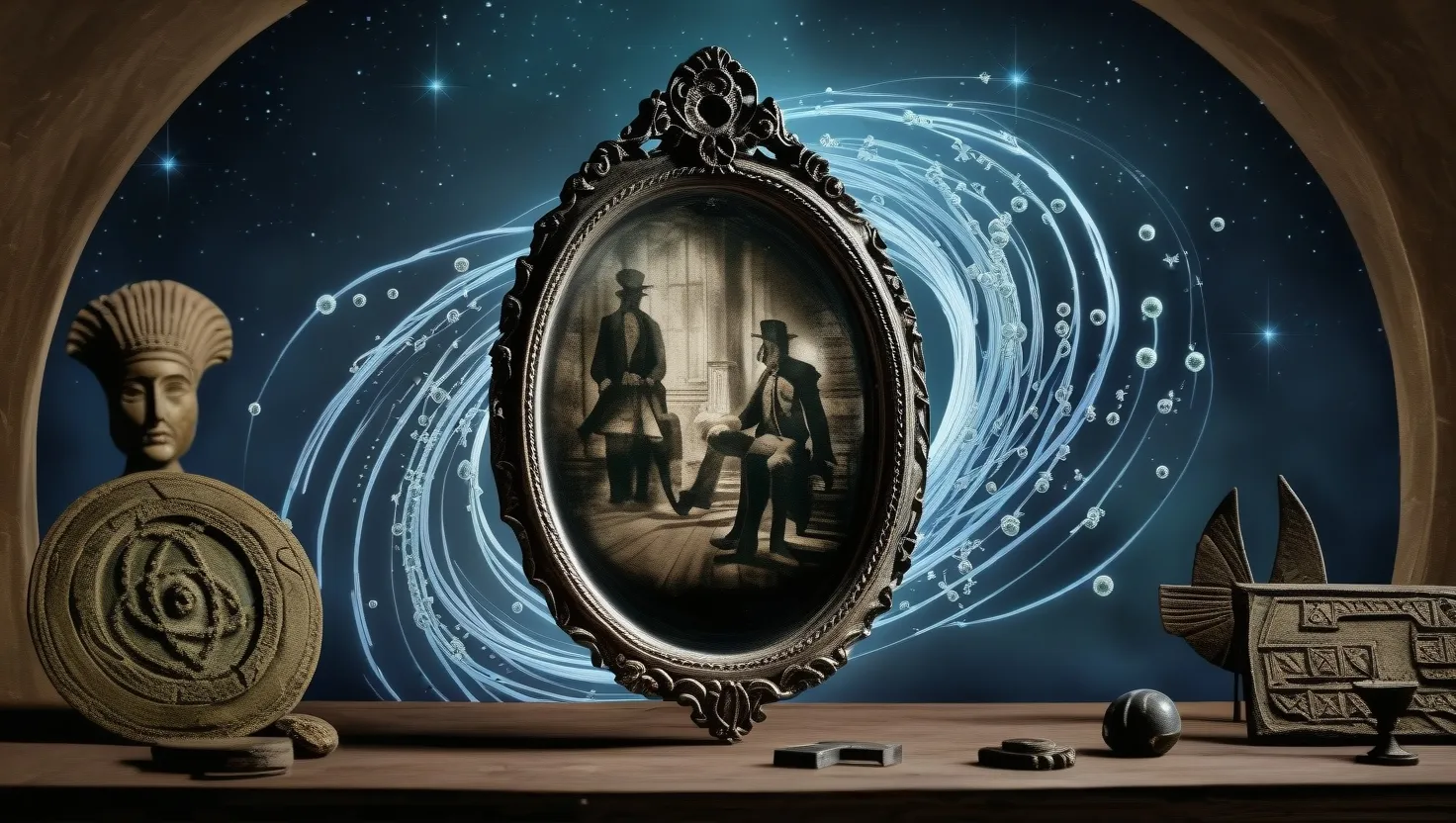Vaccines play a big role in fighting diseases. Despite their success, some people believe vaccines actually harm our health. Stories of allergic reactions, disabilities, and even deaths post-vaccination are widespread online. It’s true; vaccines can have side effects, so let’s understand how they work and their real risks.
Our immune system is like a well-trained army of cells. These cells fend off attacks daily, usually without us noticing. When an infection gets serious, special cells produce antibodies to fight it. This process can take days, leaving us vulnerable in the meantime.
Once the immune system beats an infection, it creates memory cells. These memory cells “sleep” in our bodies and react quickly if the same threat appears again. This rapid response often makes us immune to that infection in the future. Vaccines use this natural defense mechanism.
Vaccines trick our body into creating memory cells without causing a full-blown infection. They do this by introducing harmless forms of the virus or bacteria. Sometimes, we use weakened versions of the real germ to ensure our immune system builds a robust defense.
However, vaccines do come with side effects. Comparing these side effects to the diseases they prevent can be tricky. Before vaccines, most kids caught diseases like measles, leading to severe complications or death.
To illustrate, if a country stopped vaccinating, millions of children could catch measles. Most would suffer fever and rashes, while thousands would develop serious complications like pneumonia or encephalitis, leading to deaths.
Conversely, if ten million kids received the MMR vaccine, only a small fraction would experience mild side effects like fever or rash. Serious side effects are extremely rare. Facts show that severe reactions from vaccines are much rarer and less deadly than the diseases they prevent.
What about the autism debate? The theory linking vaccines to autism has been debunked many times. Research and experts agree vaccines do not cause autism.
While vaccines carry minimal risks, the diseases they prevent are far more dangerous. Comparing vaccines to seatbelts can help: rare accidents may occur with seatbelts, but they’re far safer than driving unbelted.
What if your child is allergic to vaccines? This is where herd immunity comes in. When enough people are vaccinated, diseases can’t spread, protecting those who can’t be vaccinated.
The vaccine debate often pits gut feelings and anecdotes against scientific studies. It’s vital to rely on facts. Those opposed to vaccines may unwittingly put others at risk, reviving nearly eradicated diseases.
Vaccines are one of our best tools to eliminate fatal diseases. The biggest side effect? Fewer dead children. Let’s not bring back those deadly diseases.






